General Petraeus ~ Letter to the Troops
HEADQUARTERS
MULTI-NATIONAL FORCE-IRAQ
BAGHDAD, IRAQ
APO AE 09342-1400
7 September 2007
Soldiers, Sailors, Airmen, Marines, Coast Guardsmen, and Civilians of Multi-National Force-Iraq
We are now over two-and-a-half months into the surge of offensive operations made possible by the surge of forces, and I want to share with you my view of how I think we’re doing. This letter is a bit longer than previous ones, since I feel you deserve a detailed description of what I believe we have- and have not- accomplished, as Ambassador Crocker and I finalize the assessment we will provide shortly to Congress.
Up front, my sense is that we have achieved tactical momentum and wrested the initiative from our enemies in a number of areas of Iraq. The result has been progress in the security arena, although it has, as you know, been uneven. Additionally, as you all appreciate very well, innumerable tasks remain and much hard work lies ahead. We are, in short, a long way from the goal line, but we do have the ball and we are driving down the field.
We face a situation that is exceedingly complex. Al Qaeda, associated insurgent groups and militia extremists, some supported by Iran, continue to carry out attacks on us, our Iraqi partners, and the Iraqi civilians we seek to secure. We have to contend with the relentless pace of operations, the crushing heat, and the emotions that we all experience during long deployments and tough combat. And we operate against a backdrop of limited Iraqi governmental capacity, institutions trying to rebuild, and various forms of corruption. All of this takes place in a climate of distrust and fear that stems from the sectarian violence that did so much damage to the fabric of Iraqi society in 2006 and into 2007, not to mention the decades of repression under Saddam’s brutal regime. Tragically, sectarian violence continues to cause death and displacement, to your hard work and sacrifice together with our Iraqi counterparts.
In spite of these challenges, our operations- particularly the offensive operations we have conducted since mid-June- have helped produce progress in many areas on the ground. In fact, the number of attacks across the country has declined in 8 of the past 11 weeks, reaching during the last week in August a level not seen since June 2006. This trend is not just a result of greater numbers of Coalition and Iraqi Security Forces; it also reflects your determination and courage, and skill in conducting counterinsurgency operations. By taking the fight to the enemy, you have killed or captured dozens of leaders and thousands of members of Al Qaeda Iraq and extremist militia elements, you have taken many of Al Qaeda’s former sanctuaries away from them, and you have dismantled a number of their car bomb and improvised explosive device networks. By living among the population with our Iraqi partners, you have been holding the areas you have cleared. By helping Iraqis reestablish basic services and local governance, you have helped exploit the security gains, And by partnering closely with Iraqi Security Forces, you have been strengthening Iraqi elements that will one day have sole responsibility for protecting their population. Indeed, while Iraqi forces clearly remain a work in progress, Iraqi soldiers and police are very much in the fight, and they continue to sustain losses that are two to three times our losses.
We are also building momentum in an emerging area of considerable importance- local reconciliation. Local Iraqi leaders are coming forward, opposing extremists, and establishing provisional units of neighborhood security volunteers. With growing Government of Iraq support, these volunteers are being integrated into legitimate security institutions to help improve local security. While this concept is playing out differently in various areas across Iraq, it is grounded in a desire shared by increasing numbers of Iraqis- to oppose extremist elements and their ideologies. This is very significant because, as many of you know first- hand, extremists cannot survive without the support of the population. The popular rejection of Al Qaeda and its ideology has, for example, helped transform Anbar Province this year from one of the most dangerous areas of Iraq to one of the safest. The popular rejection of extremists has helped Coalition and Iraqi forces take away other areas from Al Qaeda as well, and we are seeing a spread of this sentiment in an ever-increasing number of Sunni areas. Now, in fact, we are also seeing a desire to reject extremists emerge in many Shi’a areas.
The progress has not, to be sure, been uniform across Baghdad or across Iraq. Accomplishments in some areas- for example, in Ramadi and in Anbar Province- has been greater than any of us might have predicted six months ago. The achievements in some other areas- for example, in some particularly challenging Baghdad neighborhoods and in reducing overall civilian casualties, especially those caused by periodic, barbaric Al Qaeda bombings- have not been as dramatic. However, the overall trajectory has been encouraging, especially when compared to the situation at the height of the sectarian violence in late 2006 and early 2007.
Many of us had hoped this summer would be a time of tangible political progress at the national level as well. One of the justifications for the surge, after all, was that it would help create the space for Iraqi leaders to tackle the tough questions and agree on key pieces of “national reconciliation” legislation. It has not worked out as we had hoped. All participants, Iraqi and coalition alike, are dissatisfied by the halting progress on major legislative initiatives such as the oil framework, revenue sharing, and de-ba’athification reform.At the same time, however, our appreciation of what this legislation represents for Iraqi leaders has grown. These laws are truly fundamental in nature and will help determine how Iraqis will share power and resources in the new Iraq. While much work remains to be done before these critical issues are resolved, the seriousness with which Iraqi leaders came together at their summit in late August has given hope that they are up to the task before them, even if it is clearly taking more time than we initially expected.
In the coming months, our coalition’s countries and all Iraqis will continue to depend on each of you and on our Iraqi counterparts to keep the pressure on the exptremists, to help improve security and strengthen the rule of law for all Iraqis, to work with the Government of Iraq to integrate local volunteers into local security and national institutions, to assist with the restoration and improvement of basic services, and to continue the development of conditions that foster reconciliation. For our part, Ambassador Crocker and I will continue to do everything in our power to help the Prime Minister and the Government of Iraq achieve the meaningful results that will ensure that your sacrifices and those of your comrades help produce sustainable security for Iraq over the long term. a stable and secure Iraq that denies extremists a safe haven and has a government that is representative of and responsive to all Iraq’s citizens and Iraq’s neighbors alike, bringing calm to a region full of challenges and employing Iraq’s human capital and natural resource blessings for the benfit of all.
As I noted at the outset of this letter, over the next few days, Ambassador Crocker and I will share with the U.S. Congress and the American people our assessment of the situation in Iraq. I will also describe the recommendations I have provided to my chain of command. I will go before Congress conscious of the strain on our forces, the sacrifices that you and your families are making, the gains we have made in Iraq, the challenges that remain, and the importance of building on what we and our Iraqi counterparts have fought so hard to achieve.
Thanks once again for what each of you continues to do. Our Nations have asked much of you and your families. It remains the greatest of honors to serve with you.
Sincerely,
(Signature of David H. Petraeus)
David H. Petraeus
General, United States Army
Commanding



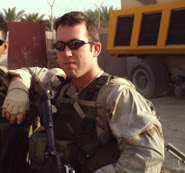










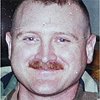



















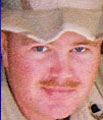
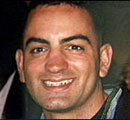





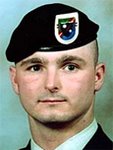




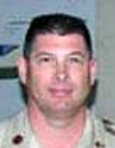
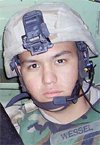






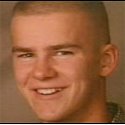
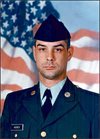











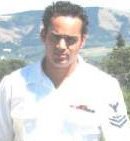


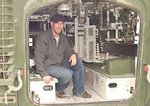





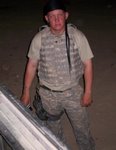
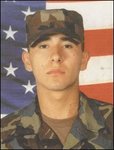


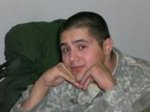







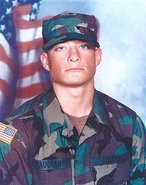
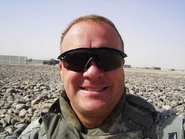
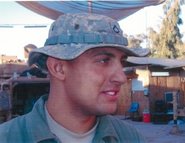

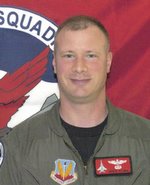

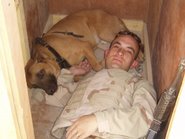
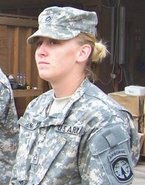

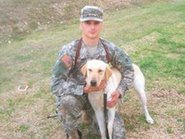

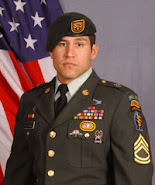





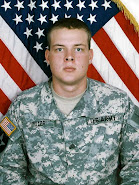
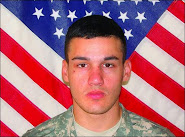



No comments:
Post a Comment